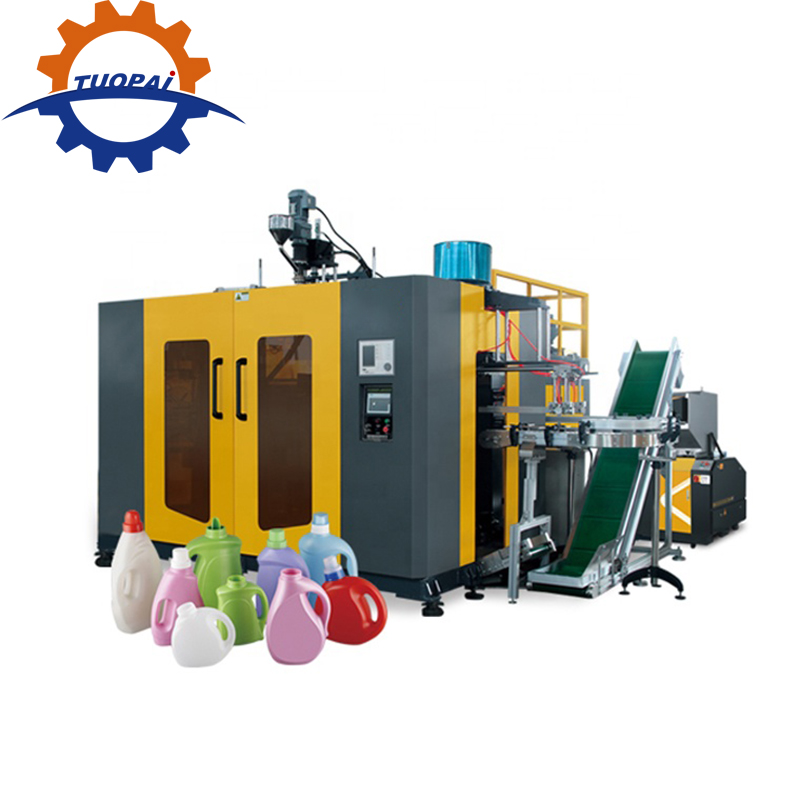What is Common Blow Molding Problems and Solutions?
Blow molding is a widely used manufacturing process for producing hollow plastic objects, such as bottles, containers, and automotive parts. While blow molding offers many advantages, certain challenges or problems can arise during the production process. In this article, we will explore common blow molding problems and provide solutions to address them effectively. By understanding these issues and implementing appropriate solutions, manufacturers can achieve high-quality products and optimize their production efficiency.
Uneven Wall Thickness: Uneven wall thickness is a common problem in blow molding, resulting in inconsistent product quality and structural integrity. To address this issue, manufacturers should analyze and optimize the design of the mold and adjust the parison thickness distribution. Proper design considerations, such as wall thickness uniformity, can ensure consistent material distribution during the blow molding process.
Excessive Flash or Trim Issues: Flash refers to excess plastic material that escapes from the mold during blow molding, resulting in unwanted protrusions or burrs on the final product. Effective mold design, precise control of air pressure and cooling, and appropriate material viscosity can help minimize flash formation. Additionally, implementing proper trimming and finishing techniques can remove any excess flash, ensuring a smooth and clean product appearance.

Blow Holes or Porosity: Blow holes or porosity in blow-molded products can weaken their structural integrity and compromise their functionality. This issue can be mitigated by optimizing process parameters, such as melt temperature, cooling rate, and blow pressure. Ensuring proper material selection and consistent control of the blow molding process parameters helps minimize the occurrence of blow holes and porosity.
Inadequate Material Distribution: Inadequate material distribution can lead to weak areas or thin spots in blow-molded products. To overcome this problem, manufacturers should optimize the design of the mold and parison, ensuring proper material flow and distribution. Modifying the mold design, adjusting parison thickness, or employing techniques such as coextrusion can improve material distribution and enhance the overall strength and quality of the final product.
Part Distortion or Warping: Warping or distortion of blow-molded parts can occur due to uneven cooling or inadequate mold design. Proper mold temperature control, balanced cooling channels, and appropriate part ejection techniques can help prevent distortion or warping. Implementing cooling fixtures, utilizing mold inserts, or optimizing cooling airflow can contribute to more uniform cooling and reduce the occurrence of part distortion.
Machine Malfunctions and Maintenance: Machine malfunctions or maintenance issues can disrupt the blow molding process and affect production efficiency. Regular equipment maintenance, including cleaning, lubrication, and inspection of machine components, is crucial to prevent breakdowns and optimize machine performance. Implementing a preventive maintenance schedule and promptly addressing any malfunctions or breakdowns ensures the smooth operation of the blow molding machinery.
Conclusion: Addressing common blow molding problems requires a combination of effective mold design, optimization of process parameters, material selection, and proper maintenance of equipment. By analyzing and understanding the root causes of issues such as uneven wall thickness, flash formation, blow holes, inadequate material distribution, part distortion, and machine malfunctions, manufacturers can implement appropriate solutions to ensure high-quality blow-molded products and efficient production processes. Continual improvement, attention to detail, and adherence to best practices in blow molding contribute to consistent product quality, customer satisfaction, and competitiveness in the market.More information.



